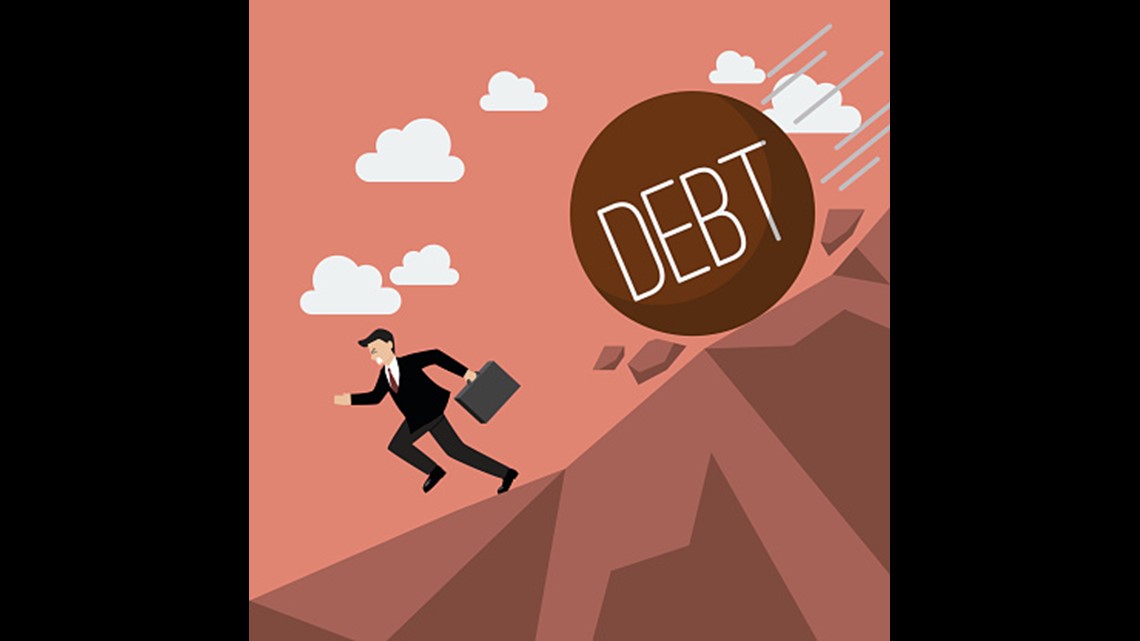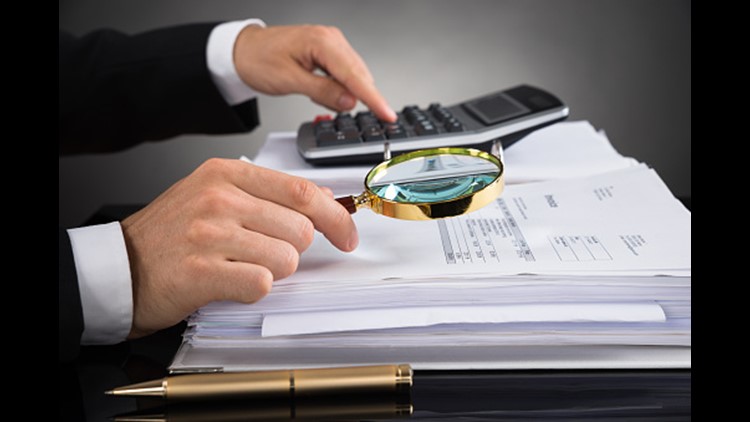There are several important consumer reports that many people may not realize exist — from your medical history report and insurance records to your bank history and tenant records.
Banks, employers, landlords, insurance companies, lenders, utility companies, and other businesses purchase consumer reports to screen applicants. The information in your reports could impact their decision to offer you a loan, employment, or other type of contract. It’s also used to determine the terms of the arrangement, such as the interest rate on a loan or security deposit on a rental.
If you’re worried something on your consumer reports might blow your chances of qualifying for a job, a loan, or even housing, it is possible to check your credit and consumer reports before sending in an application. Catch them early enough and you have you a chance to dispute any mistakes.
Who Can Check Your Consumer Reports?
The Consumer Financial Protection Bureau maintains a list of several dozen consumer reporting agencies along with their contact information. You may recognize the three largest consumer reporting companies, Experian, Equifax, and TransUnion. But there are also specialty agencies that collect, organize, and sell specific types of information about you, such as your history of prescription drug purchases.
While you can always request a copy of your own reports, consumer reporting agencies can only send a copy to another individual or organization under certain circumstance. Your written permission or a court order, along with a valid reason for needing a copy of the report, could satisfy that requirement.
Keep in mind, you might not always have a report to review. For example, if you’ve never had a credit line or loan, you might not have a consumer credit report. Or, if you’ve never filed an insurance claim, you might not have one of the specialty insurance reports.
Here are the different consumer reports you can check yourself:
Credit Reports
You can request a free copy of your credit report from a bureau once every 12 months on AnnualCreditReport.com. There are also companies that give you free access to your Experian, Equifax, or TransUnion reports throughout the year, as well as several paid options that give you access to your reports from all three bureaus.
Your credit reports contain several sections, including identifying information, a record of your payments on credit accounts, credit inquiries, and public records or collections information. Experian, Equifax, and TransUnion are the three largest nationwide credit bureaus, and your credit report from each bureau should be similar, but not necessarily the same.
Checking your credit reports is an important first step because the data on the reports could be used by lenders, landlords, utilities, insurance companies, and employers. Negative marks on your report could lead to you lose an apartment or job opportunity, or result in worse loan terms or higher insurance premiums.
Your credit report won’t necessarily come with a credit score, but there are free and paid ways to get a copy of one, or more, of your credit scores.


Check and Bank Account Reports
If you’re having trouble opening a bank account or getting a merchant to accept a check, look for errors or negative information in reports from the following companies.
ChexSystems keeps a database on consumers’ activity with checking and savings accounts. Many banks will pull your report and consider the information when reviewing your application for a new account. Unlike consumer credit reports, your ChexSystems report won’t have positive information. Instead, they only show negative marks, such bounced checks or unpaid fees.
You can request a free copy of your report online, by mail, or by fax, and file disputes online. ChexSystems also scores people based on a 100 to 899 scale based on the information within their report, and you can request a free copy of your score by mail or by fax.
There are also several companies that track consumers’ history with checks and help merchants and payment processors decide whether or not to accept someone’s check. You can request a free copy of your reports from Certegy Check Services, TeleCheck, and Early Warning Services.
Alternative Lending Reports
Some lenders don’t report your history of payments, or lack of payments, to the three nationwide credit bureaus. However, several smaller consumer credit reporting agencies, such as Clarity Services and FactorTrust, collect this “alternative” credit data. Often, the information comes from subprime or alternative lenders, such as payday lenders, rent-to-own retailers, subprime auto lenders, and check-cashing services.
MicroBilt, and its subsidiary PRBC, as well as CoreLogic Teletrack also compile credit reports using alternative lending data and use the information to create consumer credit scores. You can request a copy of your reports from CoreLogic and MicroBilt.
Insurance Reports
Insurance reports could show the types of insurance coverage you have, your claim history, and the resulting losses from a claim. Your report might have information on your driving record or your personal property insurance claims, and that data could impact your ability to get coverage and your premiums.LexisNexis Risk Solutions offers two C.L.U.E. reports that you can order for free, one for personal property and a second for auto insurance. Insurance Information Exchange also collect information on people’s driving record. However, you can only request a free copy of your report after an adverse action has been taken against you due to information within the report.


Medical History Reports
Life, health, disability, long-term care, and other health-related insurance companies may use specialty medical reports to screen applicants.
MIB, Inc. collects information related to medical conditions and hazardous work environments, with your permission. Milliman IntelliScript creates reports on people’s prescription drug purchases.
Employment Screening Reports
Some companies pull job applicants’ credit reports, but others use more thorough background checks to screen applicants. The reports could have information about your criminal record, driving record, drug or alcohol test results, workers’ compensation claims, and volunteer activity. They could also be used to verify your education, professional accreditations, and previous salaries.
Employers aren’t allowed to pull your consumer credit report without your written permission. When a company requests a consumer report for employment-screening purposes, it won’t receive a credit score with the report.
The Work Number, Sterling Talent Solutions, Pre Employ, HireRight, GIS, and First Advantage all offer employment screening reports and services. You can request a free copy of your report, if it exists, from each company. Knowing what the hiring manager will or won’t see could give you extra time to prepare an explanation of the potentially negative information they find.
Tenant Screening Reports
With your permission, some landlords will look over a copy of your consumer credit report and check it for past late payments, bankruptcies, or other indications that you’ll have trouble paying rent.
Others use a more comprehensive tenant screening service and receive a report that could detail whether or not a person has a criminal record, is on a sex-offender or terrorist list, or has been evicted. Some tenant screening reports also have a record of the person’s rent payments and include a copy of one of their consumer credit reports.
You could request a copy of your reports, such as RealPage, Inc.’s LeasingDesk report or Experian’s RentBureau report, to check it for incorrect information before submitting rental applications.
MagnifyMoney is a price comparison and financial education website, founded by former bankers who use their knowledge of how the system works to help you save money.



